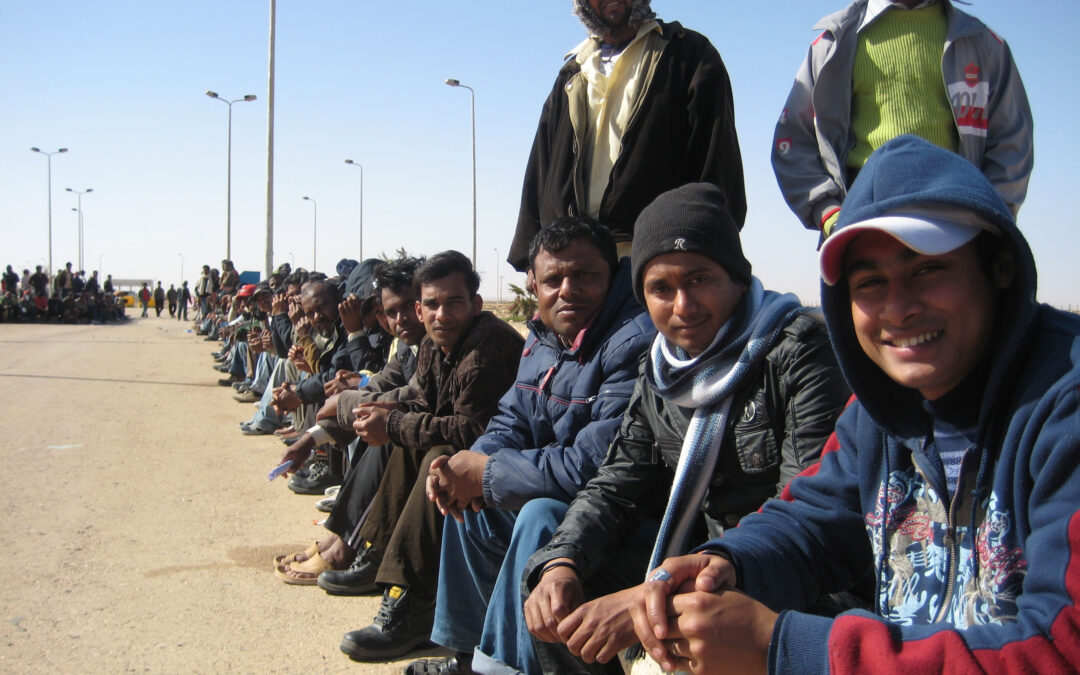
Mar 21, 2016 | News
The ICJ today expresses serious concern that the deal concluded on Friday 18 March between the European Union and Turkey on the return of migrants and refugees to Turkey is likely to lead to serious violations of international and EU human rights and refugee law.
“This initiative carries high risks of infringing the right of asylum and the prohibition of non-refoulement, as well as the right to an effective remedy for potential violations of these rights”, said Róisín Pillay, Director of the ICJ Europe Programme.
All EU Member States, including Greece, have obligations to protect these rights under international human rights law, and Member States and EU institutions have similar obligations under the EU Charter of Fundamental Rights.
The agreement seeks to establish swift return from Greece to Turkey of any migrant or asylum seeker attempting to reach Greece who does not apply for international protection there or whose application is deemed unfounded or inadmissible.
In order to facilitate such returns, Turkey may be declared to be a “safe third country” which could allow for the dismissal of asylum requests in Greece based on this element alone, and the rapid return of applicants.
The EU and Turkey, in their joint statement, contend that these operations will not be carried out in violation of international and EU law, including the prohibition of collective expulsions and the principle of non-refoulement, which prohibits return to a country where the returned person faces a real risk of torture or other serious violation of human rights.
It is nevertheless unclear how the system proposed could lead to swift returns, while respecting international human rights and refugee law, the EU Charter of Fundamental Rights and the EU Asylum Procedure Directive, for a number of reasons.
First, the ICJ stresses that Turkey cannot be considered a “safe third country” for the return of migrants and refugees.
Authoritative reports and international jurisprudence on Turkey demonstrate that neither the general human rights situation in Turkey, nor its asylum procedure and reception system are in line with international law, including Turkey’s obligations under the European Convention on Human Rights’ prohibition of inhuman and degrading treatment in article 3 ECHR.
Second, the ICJ affirms that the commitment of Turkey to adapt its asylum system to comply with international law and standards does not in itself allow for returns from EU countries in compliance with the principle of non-refoulement.
International and EU law binding on Greece and other EU Members States requires an assessment of the situation in the country of return at the moment the return is effected to determine whether there is a real risk of violations of human rights.
Therefore, at present, and irrespective of the commitments made on reform, any return to Turkey would be at high risk of infringing the principle of non-refoulement and the returning country’s legal obligations.
Crucially for the prospects of the new system, it is also clear that the Greek asylum system is not in a position to proceed to a swift consideration of asylum applications in compliance with human rights, including procedural guarantees.
“As is clear from ongoing Council of Europe discussions about implementation of European Court decisions against Greece, the Greek asylum procedure cannot yet provide for an effective remedy for cases of arbitrary refoulement. Without respect for such guarantees, many migrants will be left vulnerable,” said Massimo Frigo, Legal adviser at the ICJ.
The ICJ emphasises that, whatever co-operative arrangements are put in place, Greece and Turkey will have responsibility under international human rights and EU law as regards the rights of persons subject either to Greek or Turkish territorial jurisdiction or to Greek or Turkish authority and/or control.
Furthermore, through its direct involvement in and financing of these arrangements, the EU itself may be complicit in any breach of the right of asylum, the prohibition of collective expulsions, the prohibition of non-refoulement or the right to an effective remedy.
The ICJ is further concerned at the “one for one” resettlement mechanism that will be established to settle one Syrian refugee in a EU country for every Syrian returned to Turkey.
It is of serious concern that this mechanism contemplates the return of Syrians to Turkey. Syrians are prima facie entitled to international protection and would likely fall within one of the grounds of international protection of the EU Qualification Directive.
It would therefore be unlawful under EU law to return them to Turkey.
Full text and additional information on the content of the deal available here.
Contact
Róisín Pillay, Director, Europe Programme, roisin.pillay(a)icj.org
Massimo Frigo, Legal adviser, Europe Programme, massimo.frigo(a)icj.org
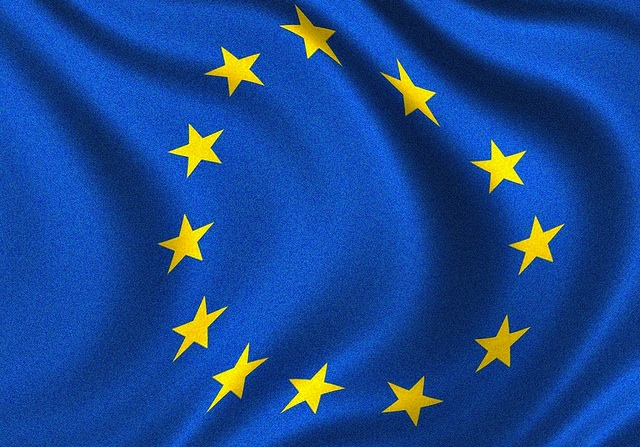
Mar 1, 2016 | Advocacy, News, Non-legal submissions
The ICJ joined today other prominent human rights organizations in urging the European Union and its Member States to respect and protect human rights and the rule of law in countering terrorism.
In their joint statement, the thirteen human rights organizations stressed the implications of Eu counter-terrorism laws and policies for human rights and the rule of law with regard to the right to be free from torture and cruel, inhuman or degrading treatment or punishment, the principle of non-refoulement, the right to liberty and security of the person, the right to a fair trial, the principle of legality, the principle of non-discrimination, the rights to freedom of expression and peaceful assembly, the right to privacy, the rights of asylum-seekers and migrants, the freedoms of movement, of religion or belief and other dimensions.
The human rights organizations that signed up to this statement are, apart from the International Commission of Jurists, the European Network Against Racism (ENAR), Amnesty International, the International Federation of Human Rights (FIDH), the Open Society European Policy Institute, the World Organisation Against Torture (OMCT), Fair Trials, European Digital Rights (EDRi), the Forum of European Muslim Youth and Student Organisations (FEMYSO), the International Federation of Action by Christians for the Abolition of Torture (FIACAT), the International Rehabilitation Council for Torture Victims (IRCT), the Association for the Prevention of Torture (APT), and the European Association for the Defense of Human Rights (AEDH).
EU-counter-terrorism&humanrights-jointstatement-2016-ENG (download the joint statement)
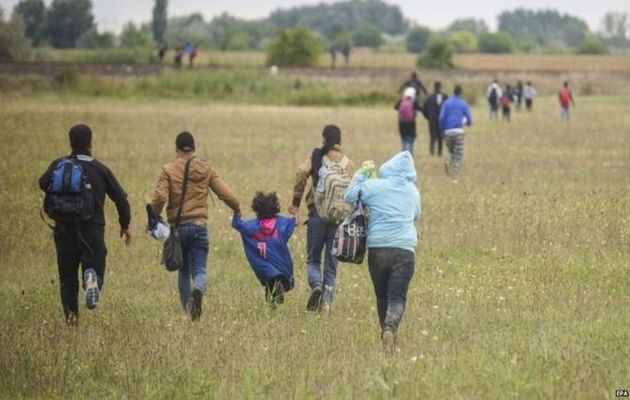
Nov 18, 2015 | Events, News
The ICJ, OSCE and Group 484 are holding a training on migration and international human rights law starting on Tuesday 17 November in Vrnjačka Banja (Serbia).
The training has been organised by the Organisation for Security and Cooperation in Europe (OSCE) and the Serbian NGO “Group 484” and will be given by the International Commission of Jurists.
It will focus on international protection of migrants and asylum seekers, access to territory and asylum and the principle of non-refoulement, in light of the current migrants and refugee crisis and drawing from the jurisprudence of the European Court of Human Rights, of the UN human rights systems and from EU law.
The training will be centred on the ICJ Practitioners Guide no. 6: Migration and International Human Rights Law.
Serbia-JointTrainingMigrationHR-Events-2015-ENG (download the agenda in English)
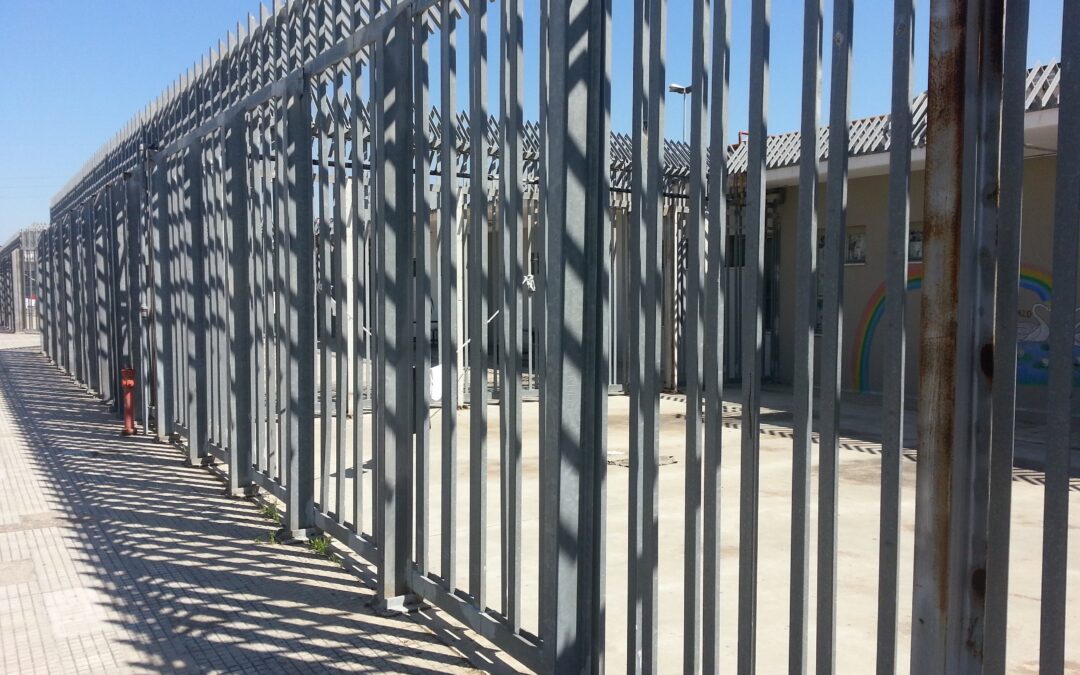
Jun 26, 2015 | Advocacy, Cases, Legal submissions, News
The ICJ submitted today a third party intervention before the European Court of Human Rights in the case of Richmond Yaw and others v. Italy regarding the detention of four migrants in Italian Centres for Identification and Expulsion.
The case raises issues related to the lawfulness of their detention in immigration centres, and the compliance of the mechanisms of judicial review and compensation for unlawful detention with the European Convention on Human Rights.
Taky Berko Richmond Yaw, Yaw Ansu Matthew, Darke Isaac Kwadwo, and Dominic Twumasi, nationals of Guinea, had been detained in the Centre for Identification and Expulsion of Ponte Galeria (Rome).
In these submissions, the ICJ presented the Court with a summary of its findings regarding the law and practice of detention of migrants and the related judicial guarantees in Italy, in its 2014 report, “Undocumented” Justice for Migrants in Italy.
Furthermore, the ICJ presented an analysis of the principles that apply in regard to arbitrary detention of persons detained for the purposes of immigration control under article 5.1.f. ECHR, in particular:
- The principle of legality, including the fact that the basis, procedures and conditions for detention must be provided by law, and the principle that detention must be carried out in good faith; and the due process guarantees related to these principles;
- The requirement that detention be undertaken only pursuant to the permitted purposes of article 5.1.f ECHR, and the need for strict construction of this requirement, and ongoing scrutiny of compliance with it, in particular in the context of long periods of detention;
- The requirements of access to an effective judicial mechanism to secure the right to habeas corpus and review of the legality, necessity and proportionality of the detention of migrants, under article 5.4. ECHR;
- The requirements of an effective remedy and reparation mechanism for unlawful deprivation of liberty under article 5.5 ECHR.
ECtHR-AmicusBrief-Yaw&others v Italy-Advocacy-Legal Submission-2015-ENG (download the third party intervention)
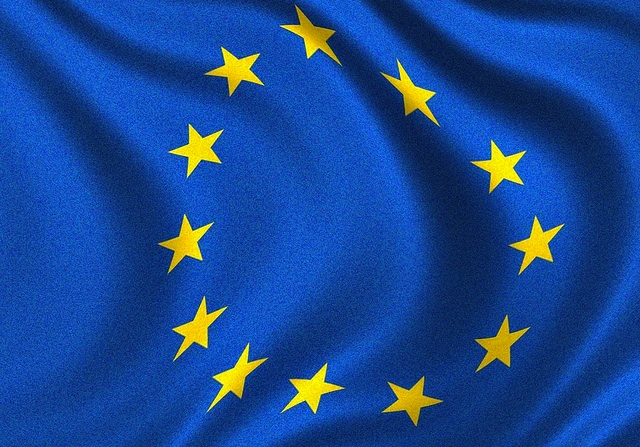
May 29, 2015 | Advocacy, News, Non-legal submissions, Position papers
The ICJ called today on the EU institutions to bridge the final implementation gaps to ensure an effective access to justice to victims of violent hate crimes.
The contribution of the ICJ was submitted as input for the European Commission’s first annual fundamental rights colloquium to be held next October and focused on “Tolerance and respect: preventing and combating antisemitic and anti-Muslim hatred in Europe”.
In its submission, the ICJ finds that the greatest weakness in addressing violent hate crime currently lies primarily in the failure of effective national implementation, which has meant that, despite development of the law, and despite authoritative recommendations from international and EU human rights bodies, the frequency of commission of violent hate crimes appears to have increased, and impunity for such crimes has persisted.
The ICJ considers that there are two main reasons for this lack of implementation: 1) lack of political or institutional will in Member States; 2) lack of implementation tools tailored to the laws, legal institutions and culture of the single national legal system.
The ICJ concluds, in its contribution, that it is the time for the European Union institutions to take up the opportunity to unite the efforts of all those concerned in the administration of justice – judges, court administrators, lawyers, civil society, judicial organizations, bar associations and government officers – throughout the EU to work together on the detailed technical assistance needed for an effective implementation of the right to an effective remedy for victims of crimes motivated by discrimination.
EU-Colloquium2015-ICJContribution-ViolentHateCrimes-Advocacy-non legal submission-2015-eng (download the submission)









